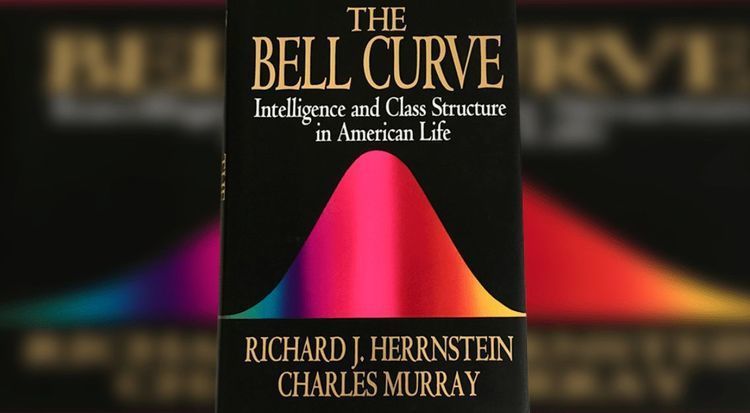
08/11/2011
You frequently hear that IQ isn’t that important–that IQ tests measure only the ability to take IQ tests. The Justice Department seems to believe this–they recently got the city of Dayton, Ohio to lower the required passing scores on the police entrance exam. What would happen if they were allowed to hire the smartest applicants?
This is from The Bell Curve, page 87:
Choosing Police Applicants by IQA case study of what happens when a public service is able to hire from the top down on a test of cognitive ability, drawing on a large applicant pool, comes out of New York City. In April 1939, after a decade of economic depression, New York City attracted almost 30,000 men to a written and physical examination for 300 openings in the city’s police force, a selection ratio of approximately one in a hundred:[Herrnstein, R. J., Belke, T., and Taylor, J. 1990. New York City Police Dept. Class of June 1940: A Preliminary Report. Harvard University. Photocopy.]
The written test was similar to the intelligence test then being given by the federal civil service. Positions were offered top down for a composite score on the mental and physical tests, with the mental test more heavily weighted by more than two to one.
Not everyone accepted the offer, but, times being what they were, the 300 slots were filled by men who earned the top 350 scores.
Inasmuch as the performance of police officers has been shown to correlate significantly with scores on intelligence tests,[ Hunter, J. E. 1979. An Analysis of Validity, Differential Validity, Test Fairness, and Utility for the Philadelphia Police Officers Selection Examination Prepared by the Educational Testing Service. Report to the Philadelphia Federal District Court, Alvarez v. City of Philadelphia] this group of men should have made outstanding policemen.
And they did, achieving extraordinarily successful careers in and out of policing. They attained far higher than average rank as police officers. Of the entire group, four have been police chiefs, four deputy commissioners, two chiefs of personnel, one a chief inspector, and one became commissioner of the New York Police Department.
They suffered far fewer disciplinary penalties, and they contributed significantly to the study and teaching of policing and law enforcement. Many also had successful careers as lawyers, businessmen, and academics after leaving the police department.
This is a content archive of VDARE.com, which Letitia James forced off of the Internet using lawfare.